HOW TO SECURELY REDACT PDF DOCUMENTS IN 2026: MISTAKES TO AVOID
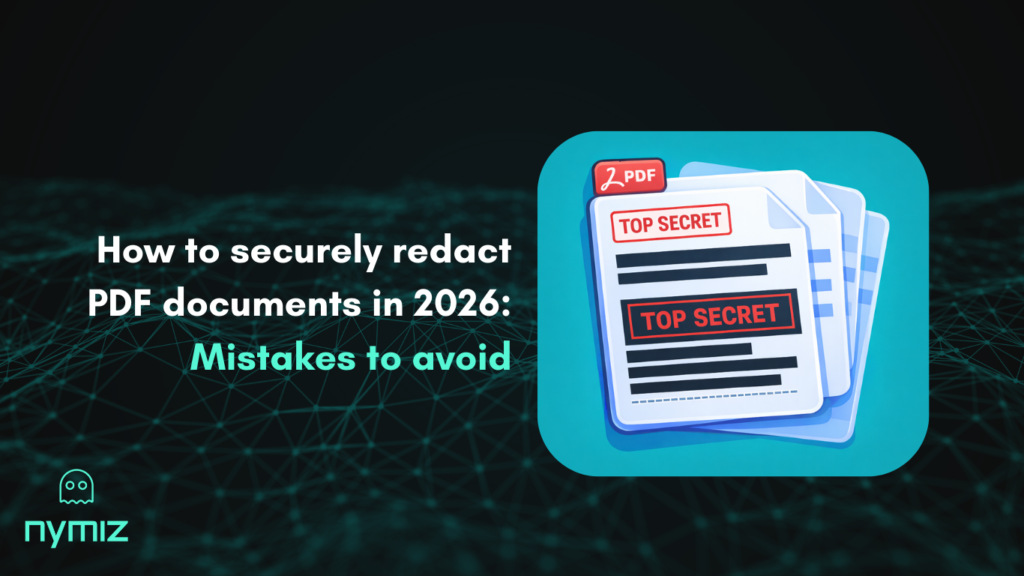
In recent years, the number of redacted documents, particularly in PDF format, has grown exponentially due to the rise of automated processes powered by artificial intelligence. AI-generated reports, automated legal analyses, and digital workflows have led to the circulation of thousands of documents containing sensitive data across organizations every month. However, this growing volume has […]
COMO CONSTRUIR UN ECOSISTEMA DE DATOS DE CONFIANZA CERO CON ANONIMIZACIÓN AVANZADA: 5 PASOS CLAVE
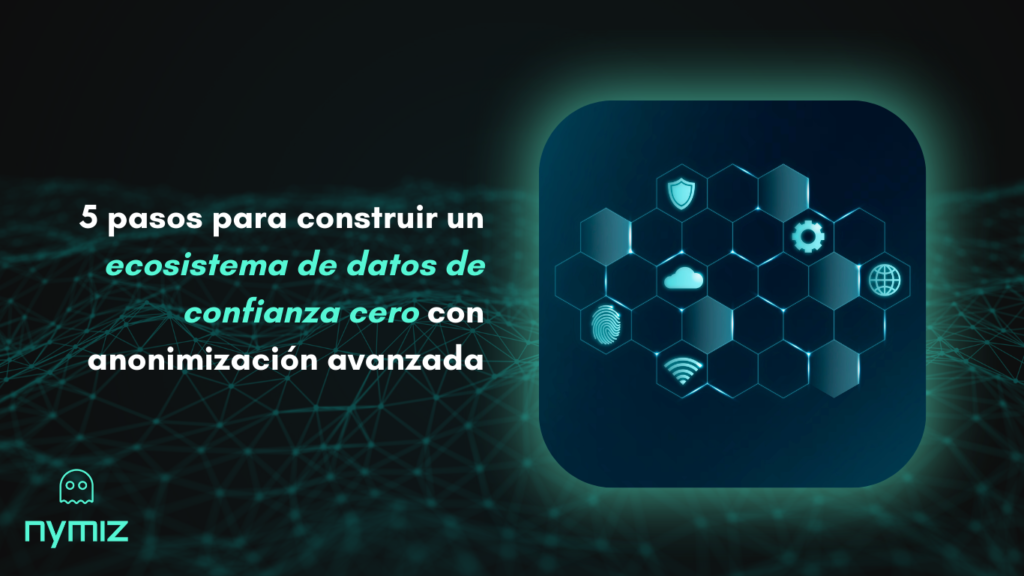
La conversación sobre confianza cero suele empezar (y a veces terminar) en identidades, redes y accesos. “Never trust, always verify”. Es un avance enorme, y NIST lo define con claridad: Confianza cero se centra en proteger recursos y flujos de trabajo, no perímetros. Pero en 2025–2026 hay un cambio silencioso: el nuevo perímetro son los […]
HOW TO PROTECT DATA AND ACCELERATE AI WITH ADVANCED ANONYMIZATION: THE 5 STEPS TO BUILDING A ZERO-TRUST DATA ECOSYSTEM
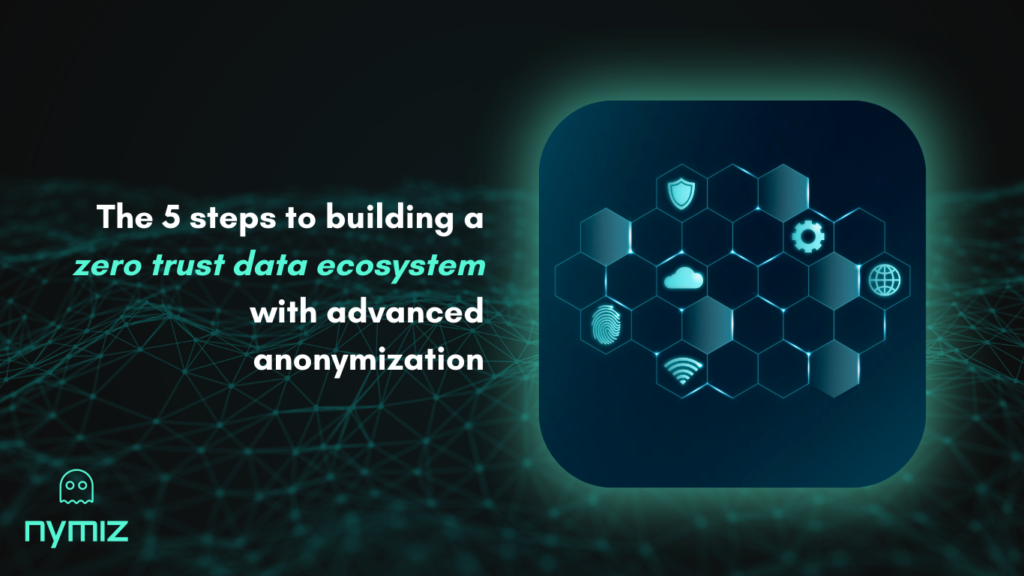
The Zero Trust conversation often starts (and sometimes ends) with identities, networks, and access control: “Never trust, always verify.” It’s a major step forward, and NIST is clear about it: Zero Trust is about securing resources and workflows, not traditional perimeters. But in 2025–2026, a quieter shift is happening: the new perimeter is the data. […]
COMO PREPARAR DATOS SENSIBLES PARA 2026: INNOVACIÓN, IA Y PRIVACIDAD SIN RIESGOS
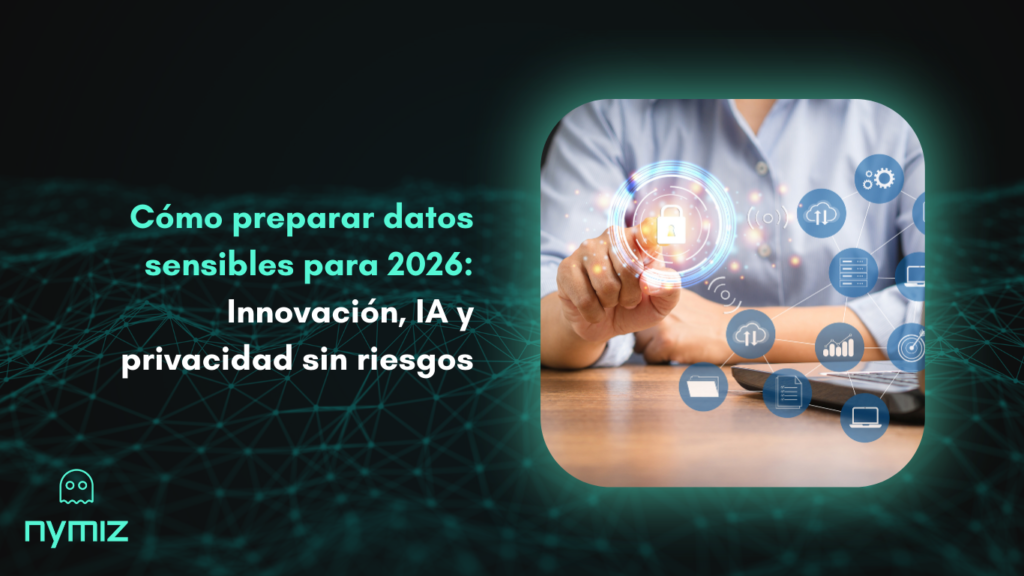
En un entorno donde la privacidad es tan crítica como la innovación, las organizaciones que gestionan datos sensibles deben prepararse ya para 2026. La combinación de IA generativa, nuevas normativas europeas (como el AI Act) y una ciudadanía más consciente ha elevado el estándar de protección de datos. Este artículo identifica los principales errores que […]
HOW TO PREPARE SENSITIVE DATA FOR 2026: INNOVATION, AI AND PRIVACY WITHOUT RISK
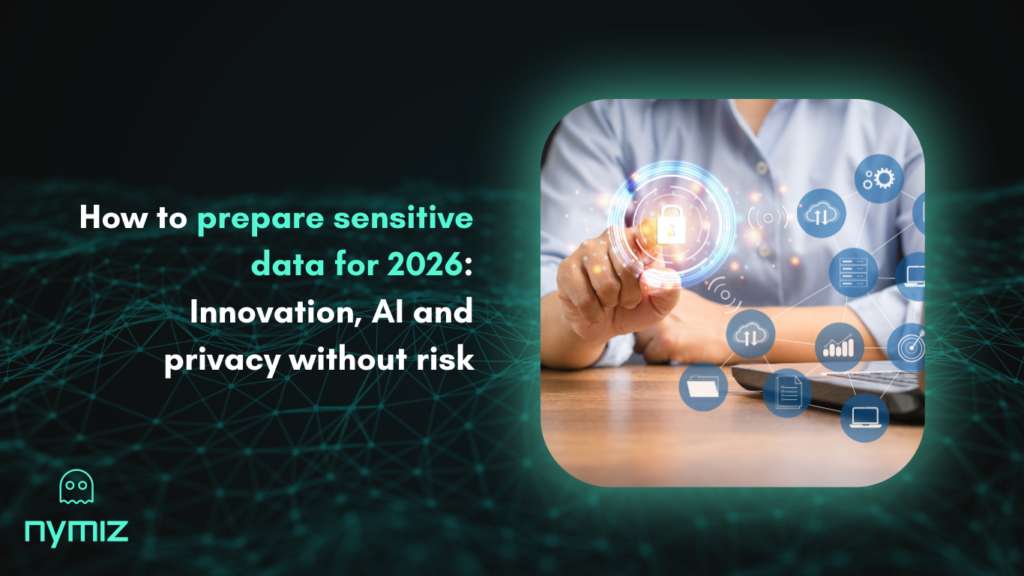
In a landscape where privacy is as critical as innovation, organizations handling sensitive data must act now to prepare for 2026. The convergence of generative AI, new European regulations (like the AI Act), and a more privacy-aware society has raised the bar for data protection. This article identifies the key mistakes holding back digital transformation […]
NYMIZ LOGRA UNA PATENTE ESTRATÉGICA EN ESTADOS UNIDOS PARA SU TECNOLOGÍA DE ANONIMIZACIÓN DE DATOS CON IA
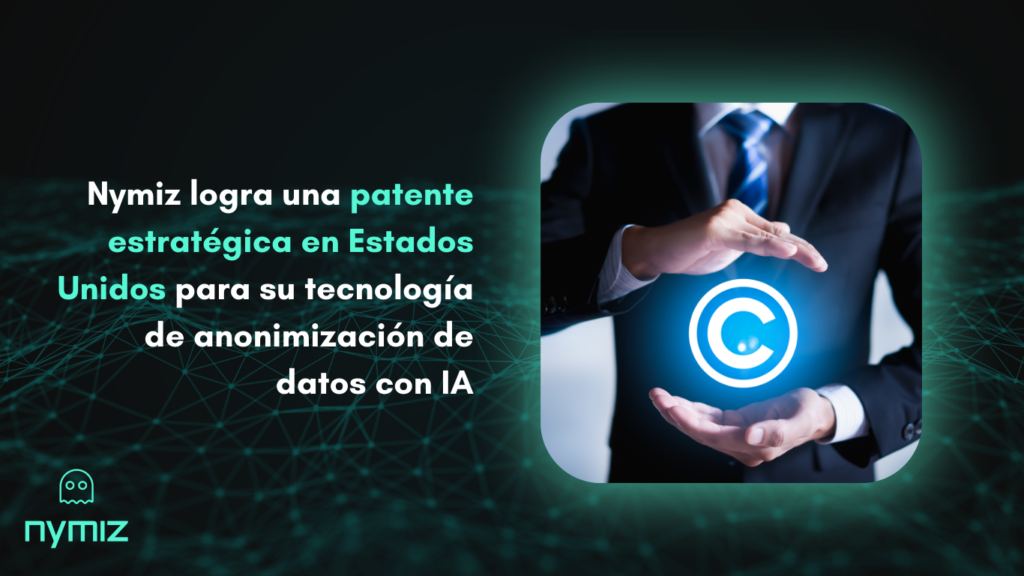
La startup vasca de ciberseguridad, asesorada por el equipo de Herrero & Asociados, consigue la concesión directa en tiempo récord y sin objeciones de la USPTO Madrid, 27 de noviembre de 2025.- Nymiz, startup vasca especializada en ciberseguridad y privacidad de datos, ha obtenido la patente estadounidense titulada “Automated anonymization of non-structured and semi-structured documents”. […]
NYMIZ OBTAINS A STRATEGIC PATENT IN THE UNITED STATES FOR ITS AI DATA ANONYMIZATION TECHNOLOGY
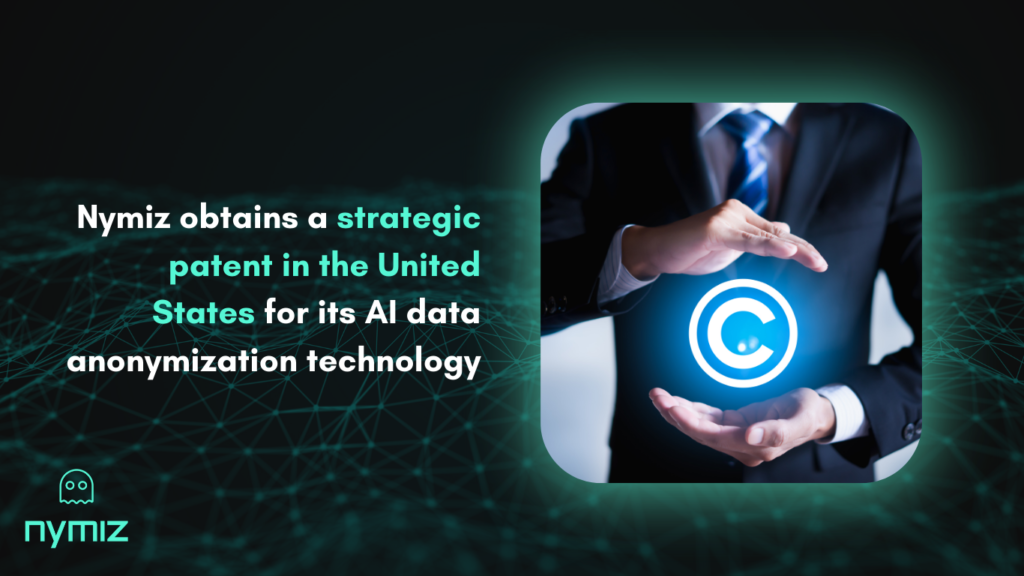
The Basque cybersecurity startup, advised by the Herrero & Asociados team, obtains direct approval in record time and without objections from the USPTO Madrid, November 27, 2025.- Nymiz, a Basque startup specializing in cybersecurity and data privacy, has obtained a US patent entitled “Automated AI data anonymization of non-structured and semi-structured documents.” The grant, achieved […]
HOW TO CHOOSE THE BEST DATA ANONYMIZATION TOOL FOR YOUR BUSINESS IN 2025
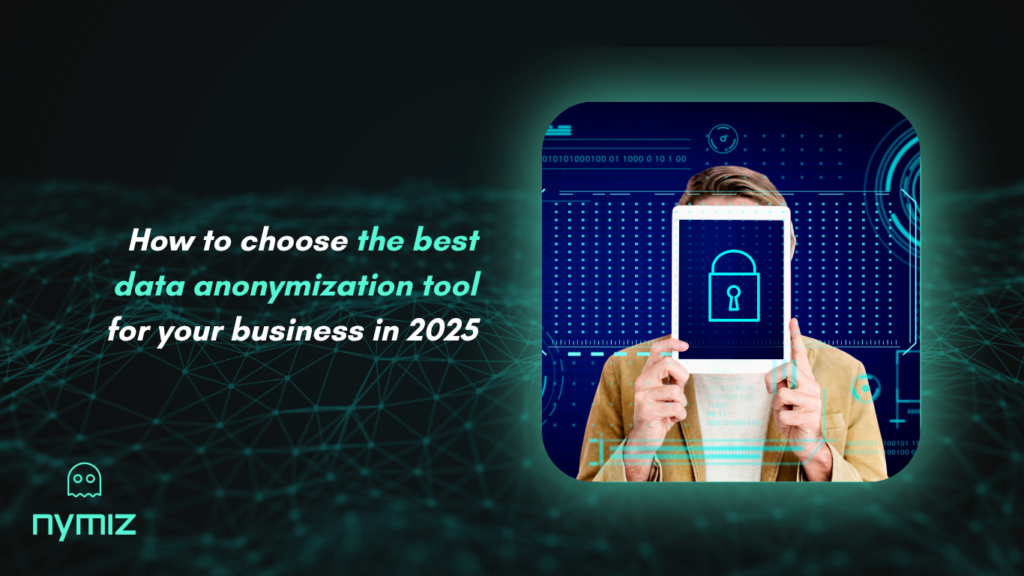
At the beginning of the year, this article focused solely on traditional criteria for choosing data anonymization tool. Given the rapid pace of generative AI, the globalization of data, and increased regulatory pressure, we have expanded the guide to reflect a new reality: choosing a solution that not only complies but also preserves the value […]
NYMIZ RAISES €2M TO SCALE ITS DATA ANONYMIZATION PLATFORM

Bilbao, Spain – September 19, 2025 Privacy-tech startup Nymiz has raised €2 million in a new funding round to accelerate the development of its anonymization platform and lay the groundwork for international expansion starting in 2026. The round was led by Dutch venture capital firm TIN Capital, with strong participation from existing investors Swanlaab Venture […]
NYMIZ RECAUDA 2 MILLONES DE € PARA EXPANDIR SU PLATAFORMA DE ANONIMIZACIÓN DE DATOS

Bilbao, España – 19 de septiembre de 2025 La startup española de tecnología de privacidad Nymiz ha cerrado una ronda de financiación de 2 millones de euros para acelerar el desarrollo de su plataforma de anonimización y sentar las bases de su expansión internacional a partir de 2026. La operación ha sido liderada por la […]



